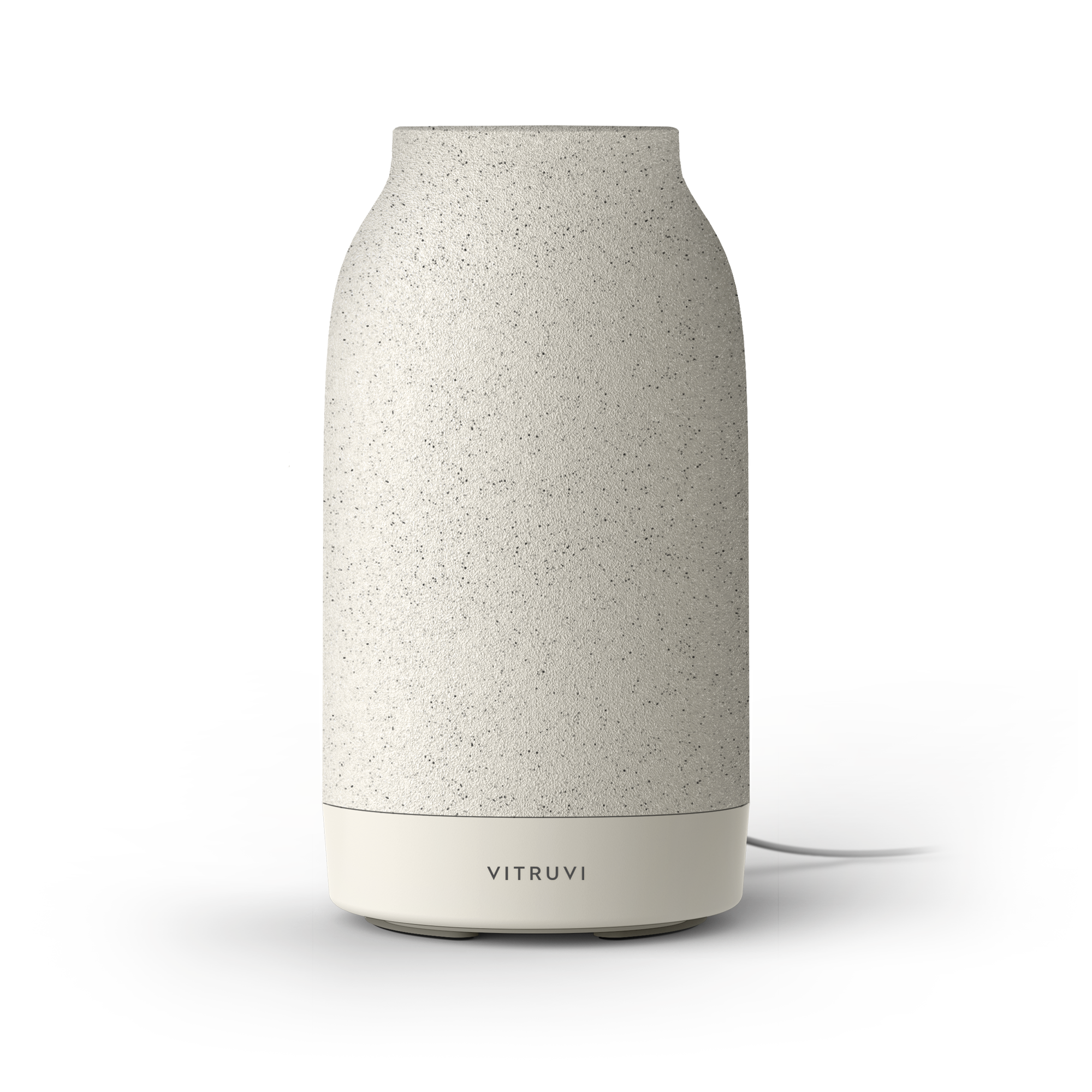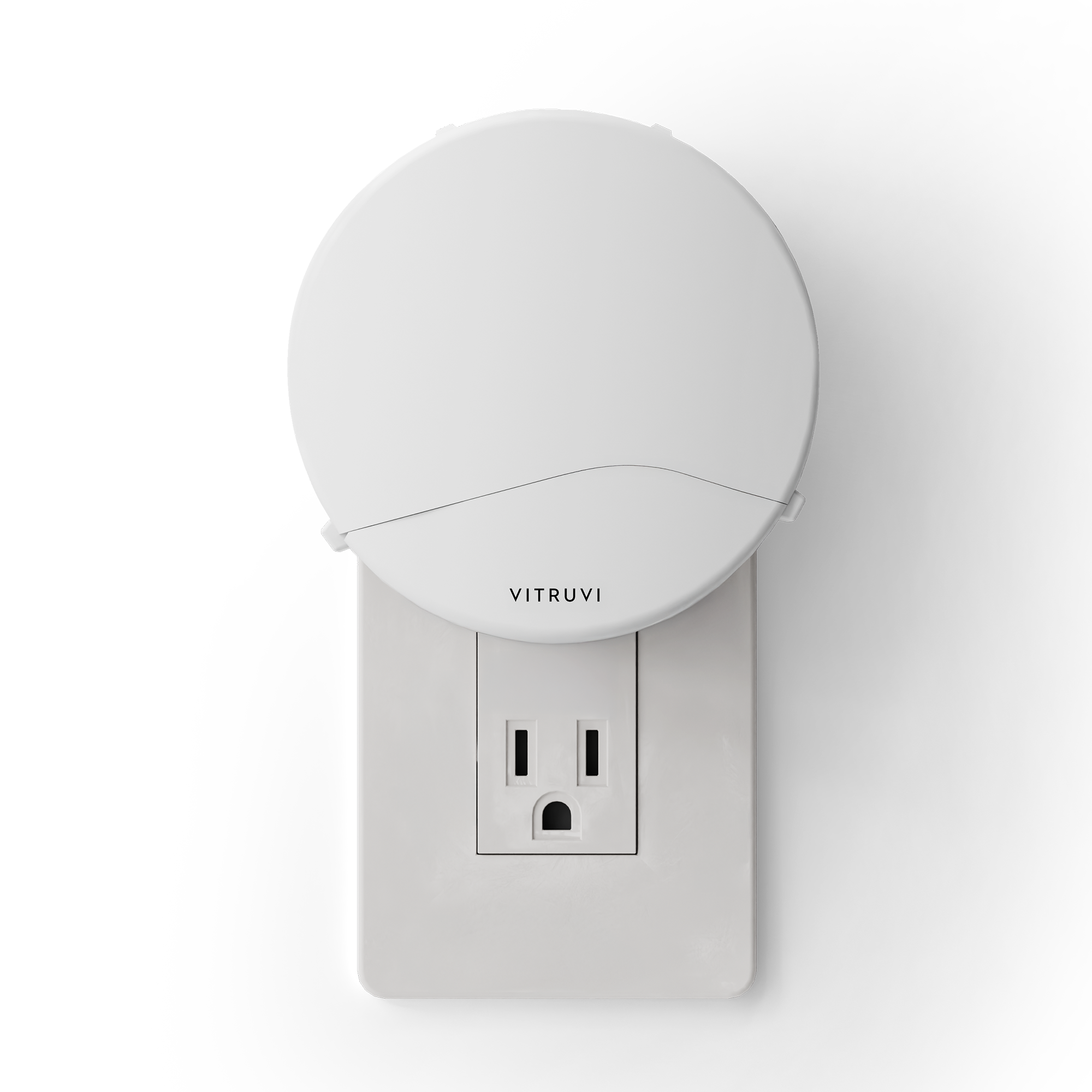After decades of prohibition, cannabis use in Canada became legal in October 2018. This was good news for people who have long touted the health benefits of cannabis—specifically of one of its popular extract, CBD oil.
What is CBD?
CBD (full name: cannabidiol) is the second most active ingredient in cannabis after tetrahydrocannabinol (THC), which is what causes the high or euphoric feeling associated with the plant. CBD oil is an extract from cannabis that can be swallowed or put under your tongue; it’s also often available in gummy candies and capsules. CBD can be inhaled (vaped) too, though it is not addictive, and is sold in topical formulations such as creams and patches to rub on sore joints and muscles.
What does CBD do?
Pharmaceutical companies haven’t invested a lot of time or money in investigating the use of CBD oil in medical treatments, but there is hope. CBD is an active ingredient in a liquid anti-seizure drug called Epidiolex, which was approved for use in Canada in June 2018. Some researchers are looking at other uses.
And despite the lack of medical evidence, many people swear their CBD oil helps them manage chronic pain, along with symptoms of various health conditions including Parkinson’s disease, multiple sclerosis, anxiety, and insomnia.
Can CBD help you sleep?
Many sedatives and sleep aids make people feel groggy the next day, so some people who have trouble sleeping turn to CBD oil to help them not only fall asleep, but stay asleep. And there may be proof of its success.
A small study out of Colorado found that the majority of their patients saw sleep improvement the first month they used CBD oil, although its effectiveness fluctuated as time passed. Anecdotally, many will say that they have slept much better since they started taking CBD oil before bedtime.
How to take CBD oil for sleep
CBD oil can be taken as a liquid, a chewable, or a capsule. This Healthline article has information on some suggested brands, as well as what to look for on labels.
What are the side effects of CBD?
Most people who use CBD oil don’t experience any unpleasant side effects, although it could cause diarrhea, irritability, drowsiness, fatigue, and a dry mouth. CBD can also potentially affect prescription medications, such as anticoagulants (blood thinners). Your pharmacist should be able to tell you about any possible interactions.
Is CBD legal?
Although CBD is legal, it is still strictly regulated and can only be produced and sold by registered retailers. Health Canada lists registered cultivators, processors, and sellers on its website. Cannabis and associated products can also bring you problems if you cross international borders. Although several American states have legalized it, cannabis in any form is still illegal in the United States, according to federal law. Therefore, you cannot bring any form of cannabis, even medicinal CBD oil, across the U.S.-Canada border. And even though cannabis and CBD are legal in Canada, you must declare if you have any products when you re-enter the country.
The bottom line
Given the relatively few side effects of CBD oil, if you believe it will help you fall asleep or even manage a health condition, speak with your doctor. Although it’s not a prescription drug, you need to work together as a team, and this means your doctor needs to know all medications and supplements you take to make sure nothing works against anything else. If you have the go-ahead, make sure to buy from a licensed producer to ensure you get a pure and quality product. Many doctors are concerned about the purity of unlicensed CBD oils; buyers have no way of knowing what is actually in the product or if there are any additives that could be harmful.
At the end of the day, if you’re struggling with insomnia or chronic pain, pure and natural CBD oil can be a good avenue to explore. Sleep more soundly, move more freely, and get back to being the best version of you.












